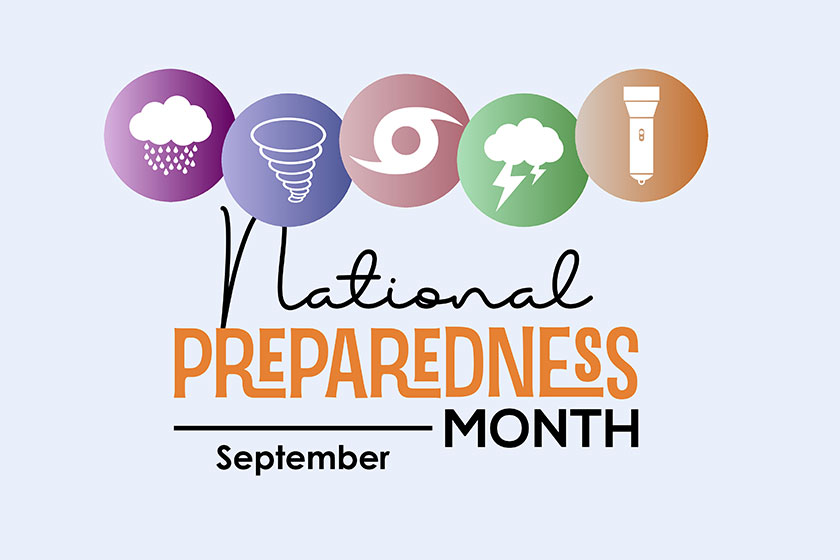Tourist season, summer, and hurricane season are terms you are probably already familiar with if you reside in the United States. The first day of hurricane season is always June 1 and it lasts for a total of five months, with the most active months being August and October. Hurricanes are widely regarded as the most dangerous storms on the planet due to their high wind speeds and heavy rainfall. Damage to infrastructure, including the interruption of lifelines like power, water, gas, and phone lines, is common even in the aftermath of less severe storms. Electrical failures can threaten public health if they last for an extended period of time.
The following tips should be taken into consideration while making your preparedness plan for a hurricane in Raleigh, NC if you are an older adult, managing a chronic condition or handicap, or providing care for another person who does.
Creating a Shelter Plan
Which option, staying or leaving, should you choose? How well prepared are you to stay put in the event of a hurricane? If you are unable to leave your home without assistance or if you use electrically powered medical equipment, now is the time to talk to your loved ones about your shelter and evacuation alternatives.
- Move to safer ground with loved ones or to a nearby motel if possible, when the storm is approaching. Share your evacuation route with loved ones.
- Get in touch with the county services in your area if you need assistance locating accessible public or private transportation options, including those that will take you to emergency shelters.
- You may be qualified for free evacuation to a Special Needs Shelter if you are medically stable but need assistance with basic tasks, or rely on an electronic medical device or oxygen, and have no other evacuation options.
Creating a Medical Plan
- Have a conversation with your doctor about a contingency plan if you undergo frequent medical treatment, such as chemotherapy or dialysis, for a chronic health condition. In addition, you and your care team should document your current senior treatment plan in case you need to travel for medical care after being evacuated.
- Keep at least two weeks’ worth of medication on hand. Even if you just got a refill, some states allow you to get a new supply of your medication every 30 days.
- Keep duplicates of all your essential documents (passport, driver’s license, birth certificate, immunization records, health insurance cards, Social Security card, insurance cards, medicines, and emergency contacts) in your travel medical kit.
- Consider getting a medical wristband or tag if you have a condition that could result in an emergency medical situation, such as if you were to fall unconscious or unable to communicate.
Creating an Emergency Kit
An emergency kit can aid in a speedy evacuation or provide support as you seek shelter from the storm. A suitcase or wheeled box is ideal for transporting and stowing one’s most essential things. Some highly suggested essentials are:
- Medical kit
- Bottles of water for 3 days
- Flashlights
- Battery-operated radio
- Cell phone with portable charger
- Sanitation items
- Clothing
- Sleeping blanket
- Whistle or other help signal devices







